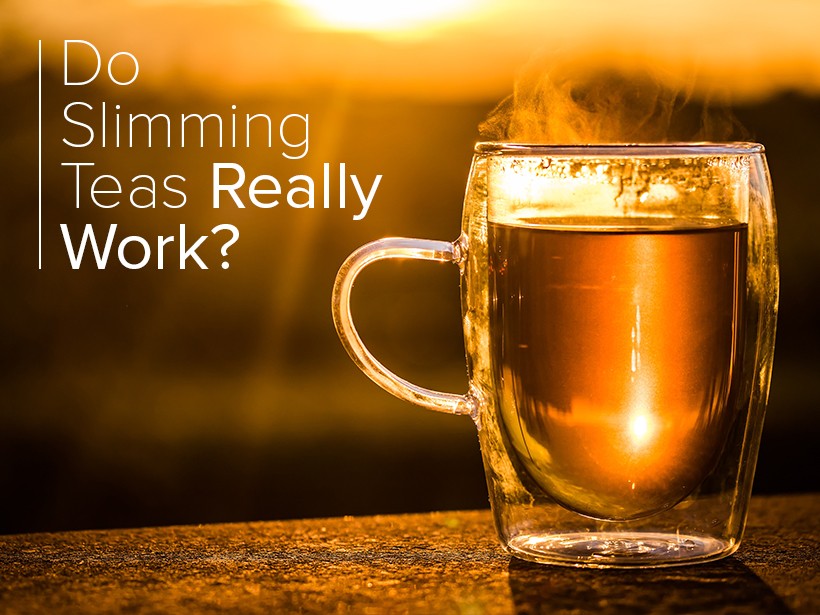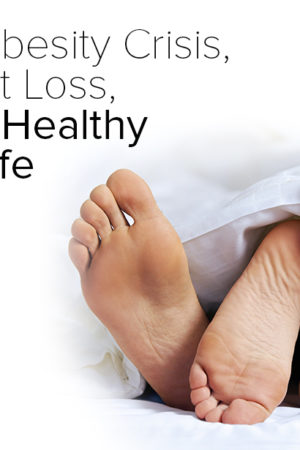If you've spent any time on social media in the past five years, you've probably noticed the explosion of sponsored posts promoting weight loss teas. Whether it's Fit Tea, Flat Tummy Tea, or California Dieter's Drink, social media stars in every country and corner of the world have been sponsored and paid to promote these types of drinks that claim to help with weight loss or fat burning. But do their claims actually hold any truth? Read on to learn the truth about slimming teas.
Slimming teas make shaky claims
One of the most immediate problems when it comes to slimming teas is that they are not regulated by the FDA. The FDA does not recognize any slimming tea as being effective, and as a result, the advertising for the teas often revolve around vague and shaky claims. For example, many teas claim that they will “detoxify” the body, but there is currently no peer-reviewed evidence that supports the idea that slimming teas are able to do any more detoxification than the liver does every day.
These teas also often claim to speed up metabolism, helping you to burn more calories. While some evidence has been found to support the idea that drinking green tea can help slightly boost the body's metabolic rate, this finding can be attributed to the green tea itself– not a special blend created by slimming tea professionals. You can get the same results from green tea bought from the supermarket.1
Caffeine and senna
The two main ingredients that come in most slimming teas are caffeine and senna.
Caffeine is a well-known stimulant that has been found to have no major effects on weight loss. Though caffeine has been found to boost calorie burn before a good workout, drinking a tea with caffeine and living a sedentary lifestyle will not help you drop the pounds.
Senna is a natural laxative that has been found by the FDA to lead to large and small intestinal irritation.2 Slimming teas often contain large amounts of senna, which can cause the dieter to experience large amounts of pain and discomfort when using the bathroom, along with ongoing stomach cramping and nausea. Senna's onset of diarrhea is often the cause of the immediately lower number that dieters see on the scale after they start drinking the tea. However, this is an effect of dehydration; the weight lost is not pounds of fat, but water and waste weight.
Sponsored posts may not be indicative of truth
The most important thing that dieters need to remember is that posts raving about the benefits of slimming teas are almost always sponsored content. This means that companies who make (and sell!) the product have more control over the message than even the owner of the feed. Brands pay social media stars (called “influencers”) to pose with their photo and claim that they love the product in a sort of stealth marketing campaign. Often, the model or account owner does not even use the product they are promoting! This has lead to a crackdown by the FTC, who have begun fining celebrities like Kim Kardashian, Gigi Hadid, and Anne Hathaway for failing to explicitly disclose that a post was a sponsored advertisement.3
When deciding whether or not to try a slimming tea, separate the celebrity from the product. Do you want to try the tea because you really think it will help with your weight loss journey? Or do you want the body of the person posting the ad? If you are leaning toward the latter, you might want to learn about fat-burning diet plans like keto instead of wasting your money on teas that make sweeping claims.
NUTRITIONAL DISCLAIMER
The content on this website should not be taken as medical advice and you should ALWAYS consult with your doctor before starting any diet or exercise program. We provide nutritional data for our recipes as a courtesy to our readers. We use Total Keto Diet app software to calculate the nutrition and we remove fiber and sugar alcohols, like erythritol, from the total carbohydrate count to get to the net carb count, as they do not affect your blood glucose levels. You should independently calculate nutritional information on your own and not rely on our data. The website or content herein is not intended to cure, prevent, diagnose or treat any disease. This website shall not be liable for adverse reactions or any other outcome resulting from the use of recipes or recommendations on the Website or actions you take as a result. Any action you take is strictly at your own risk.
- What Are Net Carbs? - April 29, 2020
- The Most Comprehensive Keto Alcohol Guide - April 28, 2020
- How to Measure Body Fat Percentage - April 26, 2020































